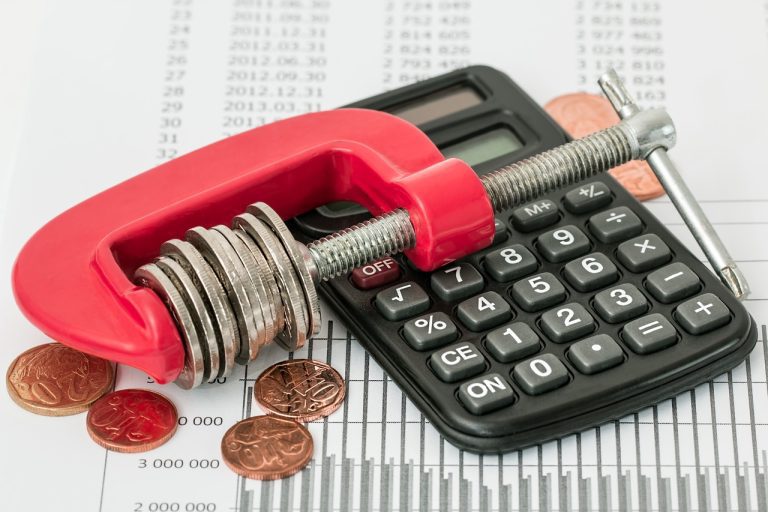Missing a payment is a big deal and with times being tight, it’s happening more than ever.
While defaulting on a debt payment should be avoided at all costs, it’s something you can remedy and make good with your creditor.
Your credit score may be dinged because of missing a payment but it’s not irreversible.
What does it mean to default on a debt?
Defaulting on debt is another way of saying you’re not living up to your side of the contract.
There are other ways to default, but missing a payment is the most common so let’s concentrate on that.
If you’re paying a set amount per month to pay off a credit card, store card, loan or other debt and you miss one of those payments, that’s a default.
It’s easy to do, even with direct debits and is happening more and more.
With more people than ever using credit, including unregulated credit, to cover everyday expenses, defaults are very likely to increase.
If you miss a payment, your creditor will likely send you a notice of default. This is an official notification that you missed a payment.
It will likely give you 14 days or so to pay the missed payment before the lender will take further action.
If you can pay within that time, your creditor may or may not mention it on your credit report.
Every creditor works differently. Some will mention any missed payment on your report. Others will mention it if you don’t respond to the notice of default but not mention it if you pay within that 14 day period.
What to do if you miss a payment
The simple answer is to pay right away. If you missed it as life got in the way, contact the creditor right away, explain the situation and pay there and then.
The creditor will accept the payment and may or may not mention it on your credit report.
If you cannot pay right away, still contact the creditor and explain the situation.
If you can get the money together within a few days, tell them so. Then make sure you pay as soon as you can.
If you cannot afford to make the payment and will likely not be able to, you’ll need to discuss the situation with them.
Most creditors will work with you even if you miss a payment.
If all else fails, contact a debt charity for help. They are in a much better position than I am to offer advice.
Does defaulting on a debt affect your credit score?
A default may affect your credit score. If you can pay within the 14 day period, your lender may not mark your credit report. This means no impact on your credit score.
If the lender is one that will mark your credit report no matter how short the default, it will impact your credit score.
There will be a default mark on your credit report that will stay there for 6 years.
Your score will also be impacted, although there’s no set amount for that. It depends entirely on the credit bureau, your score and what else is going on at the time.
The other impact is on your ability to access credit in the future.
You may find it difficult to access credit for a while after a default. Other lenders will see a default on your credit report and either refuse credit right away or offer a smaller amount and/or a higher rate.
Once you have six months or so regular payments after the default, lenders will relax a bit.
You may still find your pool of lenders smaller as some will check your credit report in detail while others won’t.
Can you remove a default from your credit report?
No, you cannot remove a default from your credit report. Unless it’s a mistake that is.
If the default is legitimate, it stays on your report for 6 years.
That’s part of the whole purpose of credit reports. To inform prospective lenders how you handle debt.
If a default was mistakenly added to your credit report, and it does happen occasionally, you have the right to have the mistake corrected.
You’ll need to contact the credit reference bureau and go through their process for having your credit report adjusted.
Defaulting on debt
Defaulting on debt is serious but it’s not the end of the world. As long as you address the situation as soon as you can, you can recover and continue on with your life.
If it was an accident, many lenders will forgive once you pay up. Some may mark your credit file, some may not.
If you couldn’t afford to pay your debts, you can work with the lender or a debt charity to get back on track.
Your credit score will take a hit but it’s not the end of the world. It’s a tough situation to be sure, but there is plenty of help out there to help you through it.

